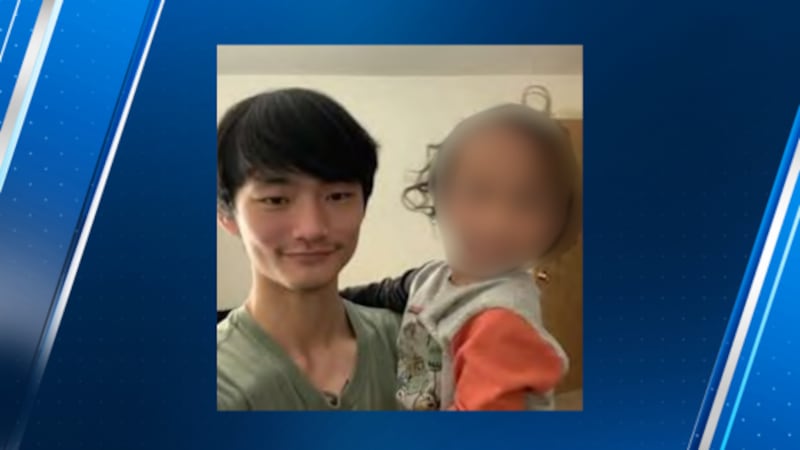A broad coalition of unions, schools, health care organizations, churches, and individual workers filed suit Friday in federal court, challenging former President Donald Trump’s sudden proclamation that imposes a $100,000 fee on H-1B visas.
The 65-page complaint, filed in the Northern District of California, accuses Trump and several federal agencies of unlawfully overhauling the long-standing H-1B visa program.
The plaintiffs argue the fee—announced late on September 19 and effective just 36 hours later—is unconstitutional, exceeds presidential authority, and violates the detailed statutory framework that Congress designed for the visa system.
The presidential order, titled “Restriction on Entry of Certain Nonimmigrant Workers,” conditions the entry of H-1B visa holders and the approval of new petitions on payment of $100,000.
The policy took effect at 12:01 a.m. Eastern on September 21, 2025.
Commerce Secretary Howard Lutnick, appearing alongside Trump at the Oval Office signing, called the change “a hundred-thousand dollars a year for H-1B visas” and said companies must either pay or “hire an American.”
According to the lawsuit, Lutnick also suggested the fee would apply annually, not just once, adding to confusion and alarm among workers and employers.
The complaint describes how the sudden rollout led to panic among thousands of visa holders.
Workers outside the U.S. rushed to return before the deadline, with some abandoning vacations or asking to deplane after hearing the news.
Employers urged employees not to leave the country until further notice.
According to filings, some workers spent thousands of dollars on emergency travel back to the United States.
The lawsuit says federal agencies scrambled in the hours after the proclamation to issue guidance.
U.S. Citizenship and Immigration Services, the State Department, and U.S. Customs and Border Protection each confirmed that the $100,000 payment was required with “any” new H-1B petition after the effective date.
While renewals were temporarily carved out, the lawsuit argues the agencies’ language suggested even workers already in the U.S. could be blocked from continuing employment if the fee was not paid.
The plaintiffs represent a wide range of institutions that rely on H-1B workers:
- Global Nurse Force, a California-based company that places nurses in U.S. hospitals, said the new fee directly threatens its ability to fill critical health care vacancies. The complaint cites a projected shortfall of nearly 86,000 physicians in the next decade, with foreign-trained doctors and nurses often serving in medically underserved areas. Global Nurse Force’s clients include healthcare systems in Washington.
- UAW Local 4811, representing 48,000 academic employees across the University of California system, warned that the policy endangers thousands of researchers, teaching assistants, and postdoctoral scholars. The national UAW International, also a plaintiff, represents roughly 120,000 workers in higher education nationwide.
- The Service Employees International Union’s Committee of Interns and Residents represents 40,000 medical residents and fellows nationwide and said the fee jeopardizes healthcare staffing in hospitals across the country.
- The American Association of University Professors, a nonprofit representing 50,000 faculty members, said universities depend on international scholars and researchers to maintain academic standards and advance innovation.
- Global Village Academy Collaborative, a Colorado charter school network, said it relies on foreign-language educators through the H-1B program to maintain its dual-language immersion model.
- Religious organizations including the Society of the Divine Word–Chicago Province, the Fathers of St. Charles, and Church on the Hill in Appalachia said they depend on foreign clergy with specialized language skills and cultural training to minister to diverse and underserved communities.
Two individuals also joined the case: Pastor John Smith, a U.K. citizen on a soon-expiring religious worker visa serving in Appalachia, and “Phoenix Doe,” an Indian postdoctoral researcher in California whose change-of-status petition was halted because of the new requirement.
The lawsuit argues that Trump’s proclamation is unlawful for several reasons:
- Constitutional limits: The complaint says the president has no authority to impose new fees or taxes, calling the $100,000 requirement a “pay-to-play” scheme that usurps Congress’s “power of the purse.”
- Statutory framework: Congress has already created a detailed H-1B system with specific caps, eligibility standards, and fee structures. Current fees range from about $1,500 to $7,595 depending on employer size and type—far below the new $100,000 charge.
- Agency overreach: The lawsuit says agencies bypassed notice-and-comment rulemaking and unlawfully expanded the scope of the proclamation to workers already in the U.S.
- Economic harm: Plaintiffs argue the fee will stifle innovation, worsen staffing shortages in hospitals and schools, and harm communities that rely on immigrant workers. They cite data showing H-1B workers contribute significantly to U.S. productivity and job growth.
The complaint also challenges a “national interest” exemption included in the proclamation, which gives the Secretary of Homeland Security broad discretion to waive the fee.
Plaintiffs argue the vague exemption process invites favoritism, lobbying, and corruption.
The coalition is asking the court for declaratory and injunctive relief, effectively seeking to block the fee’s enforcement.
The defendants named in the suit include Trump, the Department of Homeland Security and its subagencies, the State Department, and officials such as Secretary of Homeland Security Kristi Noem, Secretary of State Marco Rubio, and USCIS Director Joseph Edlow.
©2025 Cox Media Group






